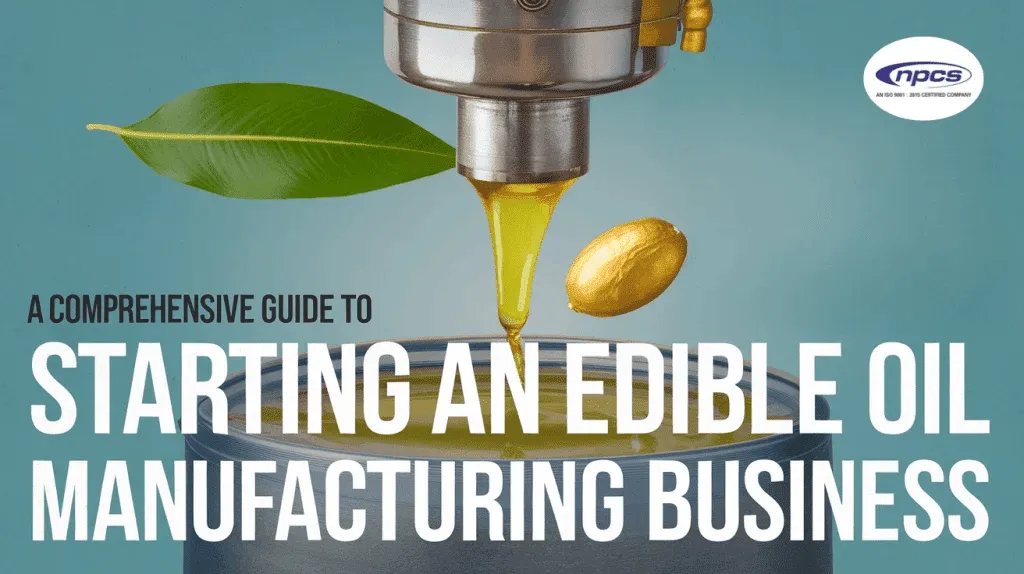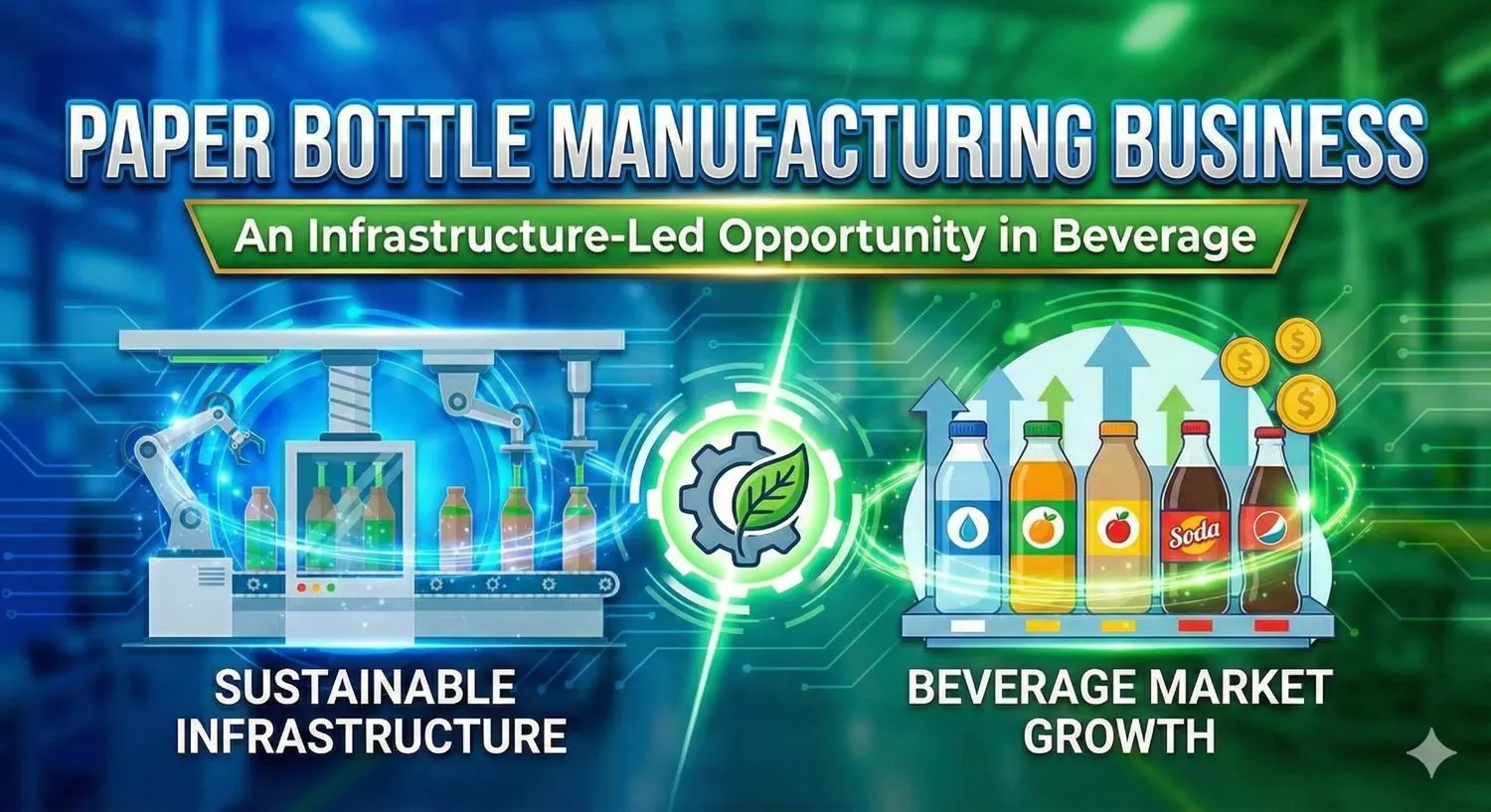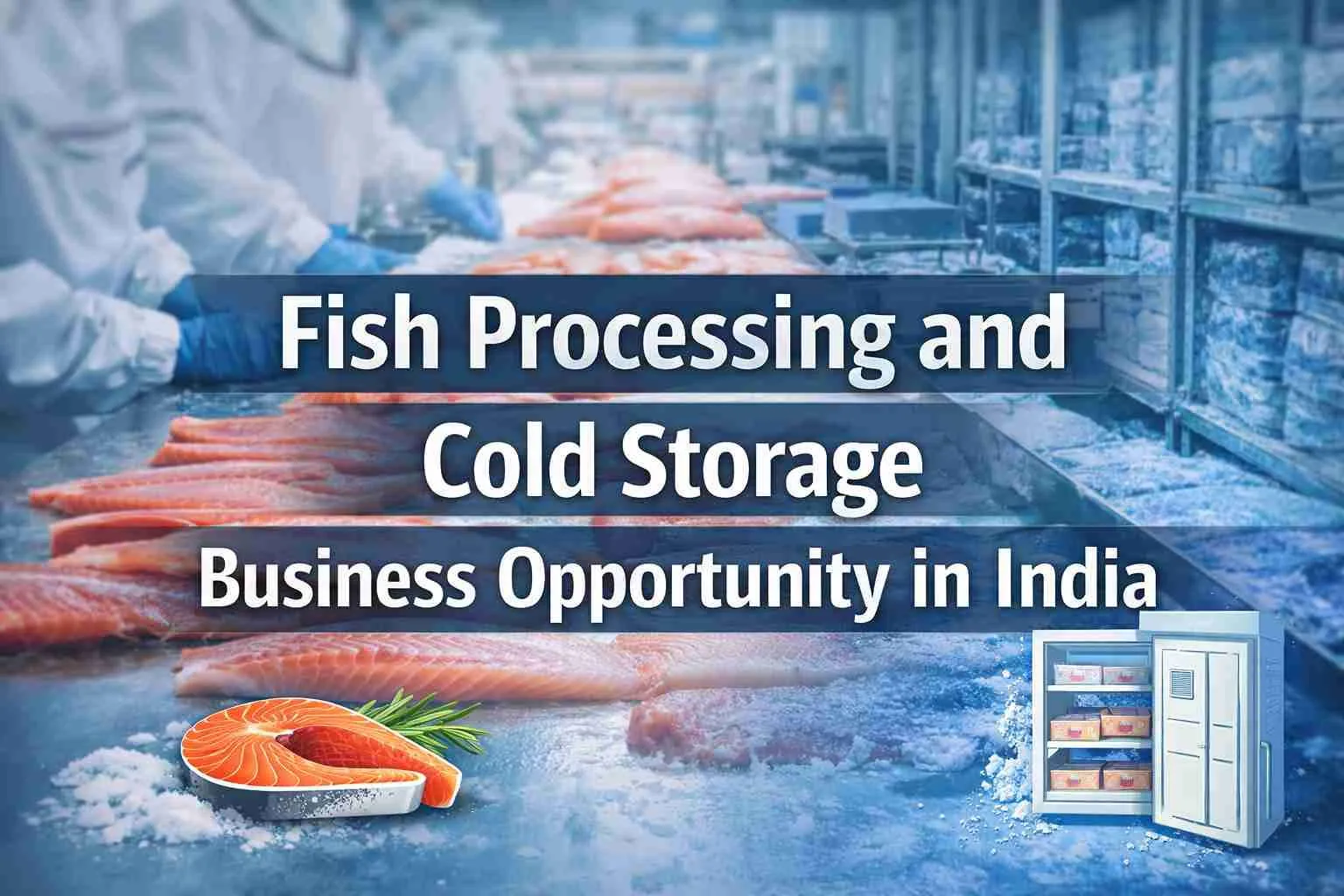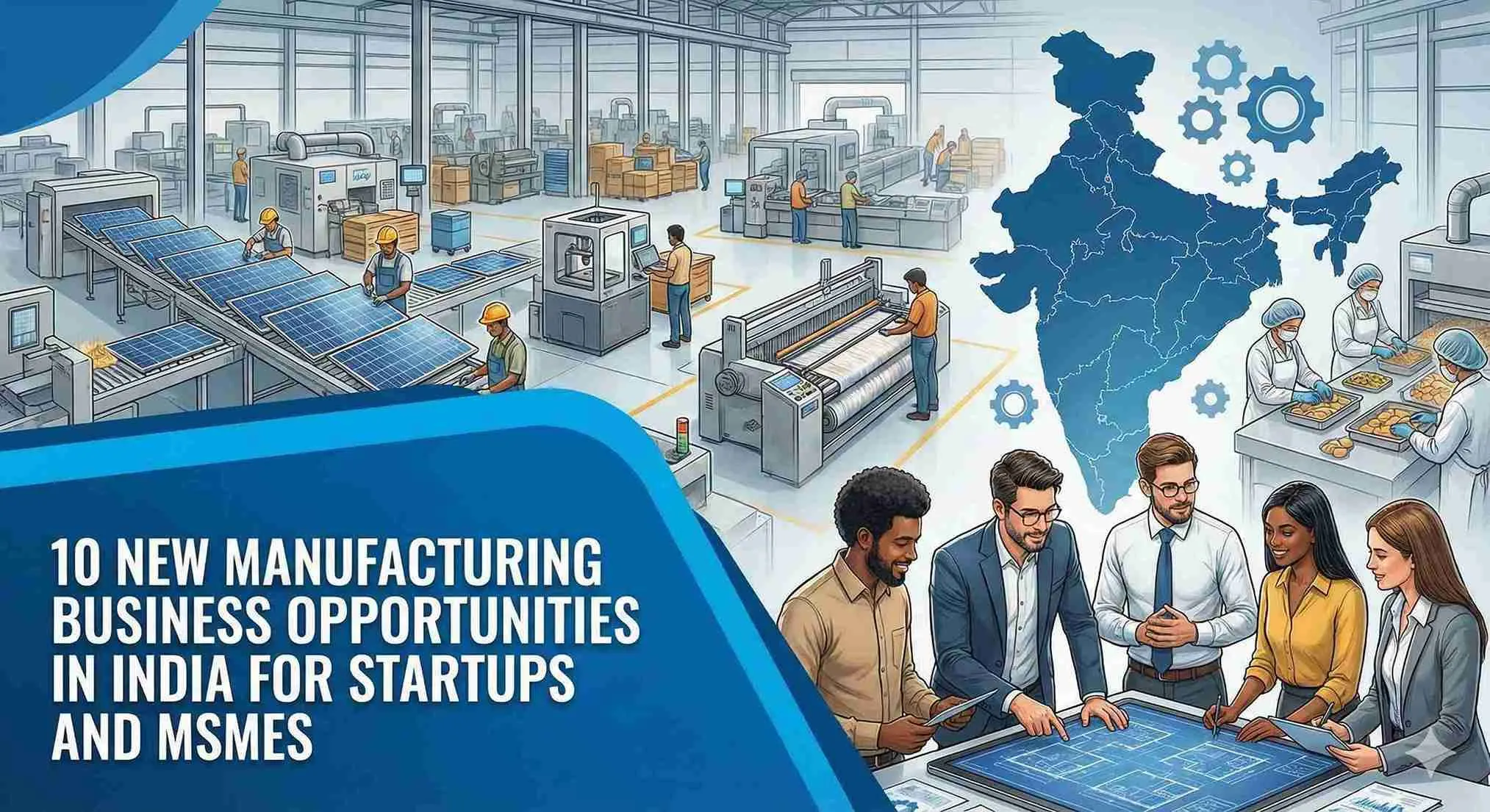An oil business is a very profitable business to start, and in India, where the demand for cooking oils is continually on the rise. With so many people becoming more health conscious and cooking differently, there is a huge demand for high-quality edible oils. If you want to start in the edible oil manufacturing industry, then this guide containing mandatory steps in the process will help you to start and grow your business successfully.
Our Project Reports
Contents
Understanding the Edible Oil Industry
Along with the food industry, the business of edible oil manufacturing is really important. Besides being a key item in a person’s diet, they are used as cooking, frying, and food-preserving oils. Given India’s status of being one of the largest edible oil consumers in the world, this is a market opportunity. Mustard, sunflower, and groundnut are the dominant oils in the Indian market, but health-conscious freaks are also adopting olive, coconut, and sunflower oil.
Refined cooking oil is made by extracting, purifying, and packaging crude oil. Every stage of the crude oil production process, from extraction to the final bottled product, contributes to the overall quality of the oil. Also, before you can start your business in edible oil, you should know the things that are needed to produce oil, the equipment needed, and changes in demand.
Key Considerations for Starting the Oil Business
Factors to Consider When Starting an Edible Oil Manufacturing Business Sourcing high-quality raw materials is one of the most critical aspects. You will need the particular kind of raw material depending on which type of oil you want to produce. Vegetable oil is made from soybean or sunflower seeds, and mustard oil from mustard seeds.
Having a reliable supplier of raw materials is a must when trying to have a consistent supply. Smooth operations and avoiding production delay require a strong supply chain. Its also recommended that you watch the price of raw materials to prevent the fluctuating production costs.
In addition to the aforementioned, your plants efficiency and output depend largely on the technology. For cold pressing or high-yield production, oil extraction requires specialised machinery of the like, such as propellers or solvent extractors. Crude oil also needs to be refined, and equipment is also required to purify crude oil, remove impurities, and improve taste and shelf life.
Also Read
The Oil Production Process
There are several stages to oil production, and it takes attention to detail, plus good equipment, to get it done.
Oil Extraction
The first stage in the oil business is oil extraction, which involves two main methods: solvent extraction and mechanical pressing. In mechanical pressing, machines like propellers or cold press units squeeze the oil out of seeds. This method works well for mustard and sesame oils because it preserves the oil’s nutritional content.
In contrast, solvent extraction uses chemicals like hexane to dissolve the oil from seeds. Producers often choose this method for extracting oil from soybeans, sunflowers, and groundnuts due to its high efficiency and lower operational costs.
Our Books
Oil Refining
From there the oil isn’t ready for consumption yet. Refining it implies gumming it, neutralising it, decolonising it, and deodorising it. The crude oil is cleaned from impurities, free fatty acids, and unwanted flavours and odours. But most refined oil is more stable, has a longer shelf life, and is safer for cooking.
Packaging
After the oil is purified, it is packaged for sale. Depends on your target market” the final product can be packed into different containers: glass bottles, plastic jars, or tins. Inefficient packaging compacts the oil, allowing it to spoil and become contaminated prior to delivery to the consumer.
Market Research and Consumer Demand
One of the most important aspects of launching a business for edible oil is to understand the target market. Demand for oils is not only big in India, but also very diverse. However, traditional oils such as mustard oil and groundnut oil continue to remain widely used while consumers shift towards healthier oils, such as olive oil, coconut oil, and avocado oil. So before starting any business in any merchandise, you need to conduct thorough market research on which oils are in demand and which are booming in popularity.
The other one is price sensitivity, and that another very important factor. Some consumers are prepared to pay a premium for organic or speciality oils, but others are happy to consider budget oils for everyday use. Knowing the price points and what the consumer wants in your area will set up your brand for success.
You should also focus on distribution channels. Large retail chains are the main source of sales for a lot of these established brands, but as is often the case, there are untapped local markets, online stores, and even bulk distribution to restaurants and hotels to be tapped into.
Licensing and Regulatory Compliance
To run a compliant oil business in India, you must follow a series of regulations. Securing licenses and certifications from regulatory bodies like the Food Safety and Standards Authority of India (FSSAI), for instance, ensures that your products meet the critical safety and quality standards. In addition, to operate large-scale manufacturing facilities, you need to register for Goods and Services Tax (GST) and get a factory license.
Other than that, you should complete taking ISO certifications to demonstrate that your oil manufacturing process meets international quality standards. These are the certifications that not only ensure your business complies but also further boost your brands reputation.
Also Read
Financial Considerations and Profitability
Starting an edible oil manufacturing business needs huge initial investment. Raw materials, machinery, and setting up a manufacturing unit will typically be the biggest expenses. Although the startup costs can be very high, there is an excellent opportunity to generate profits when the business matures. The industry of edible oil is quite a lucrative one, and as a result, the demand is always continuous; thus you can expect the revenue generation to be constant.
If your product is complex, and production efficiency, raw material sourcing, and competition in your market are all major factors that influence your profitability, there is little reason to chance it will succeed. In the early stages, high operating costs can significantly impact your business, so it’s crucial to plan carefully and aim to break even before turning a profit. For example, if you currently produce a small quantity of products and want to scale up, you can boost returns by investing in larger extraction and refining machines or by adding new product lines.
How to Scale Your Edible Oil Manufacturing Business
Scaling is the latter to the goal of success after successfully establishing your oil business. There are multiple ways to grow your business:
- Diversify your product range: To provide a variety of consumer preferences, introducing a variety of oils, such as rice bran, olive, and avocado oils, could be added.
- Invest in automation: Changing the production gear from manual to automated machinery will increase production capacity and decrease labour costs.
- Expand your market: Think outside of the box and then try to reach new regional markets or sell in bulk to commercial buyers such as hotels, restaurants, or food processors.
Conclusion
Today any edible oil manufacturing business is a lucrative option, particularly in India, which has a buoyant market for cooking oils. If you want a prosperous brand that caters to todays health-conscious consumer, then focus on quality, good cost production, and you know, dont understand consumer trends. If you put in the right planning, market research, and investment, your oil business can not just survive but scale up in the competitive edible oil business.
For further information on how to set up a manufacturing business or choose the right equipment, see NIIR Project Consultancy Services. And their expertise and resources will point you in the right direction.
Contact Us
Frequently Asked Question
How do you start an edible oil manufacturing business?
To start an edible oil manufacturing business, you need to conduct market research to identify demand and trends, choose a business structure, secure land and premises, obtain required licenses (like FSSAI and GST), install extraction and refining machinery, and plan distribution and marketing.
What are the main stages of the oil manufacturing process?
The core stages are raw material sourcing, oil extraction (mechanical pressing or solvent extraction), refining (removing impurities and improving quality), and packaging for retail or bulk supply.
What licenses and regulatory approvals are needed to run this business in India?
Key approvals include FSSAI food safety license, GST registration, factory license, and pollution control board clearances. Optional certifications such as ISO standards improve credibility and access to premium markets.
How much investment is required to start an edible oil manufacturing unit?
Investment varies with scale. It typically covers machinery, raw materials, land/space, processing and packaging equipment, and working capital. Small to medium units may range from modest to mid-level capital investments.















